Deepfakes in the biomedical literature are coming, if they aren’t here already.
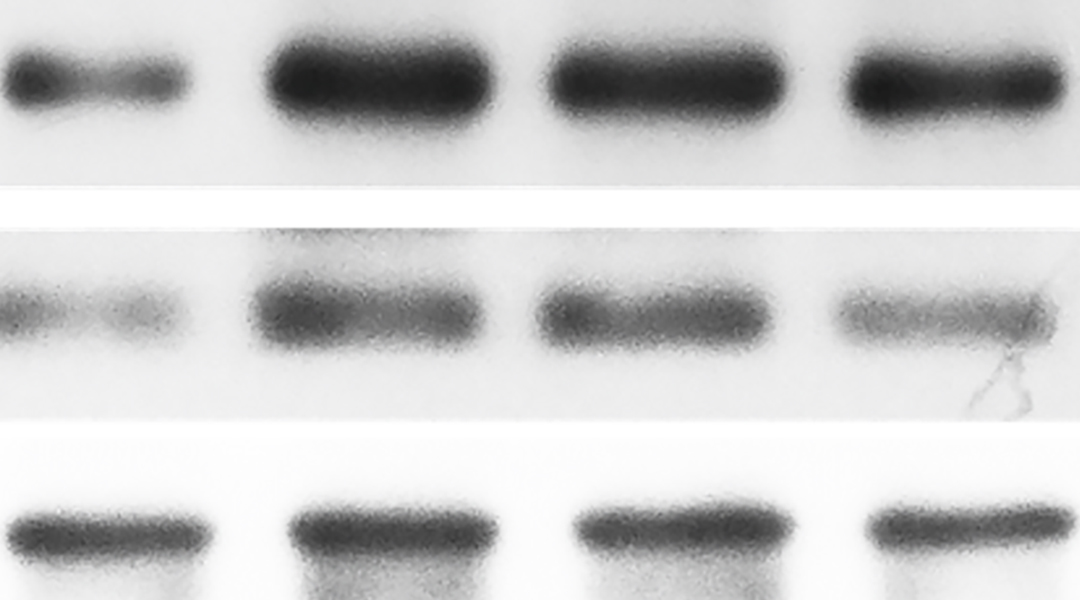

Deepfakes in the biomedical literature are coming, if they aren’t here already.
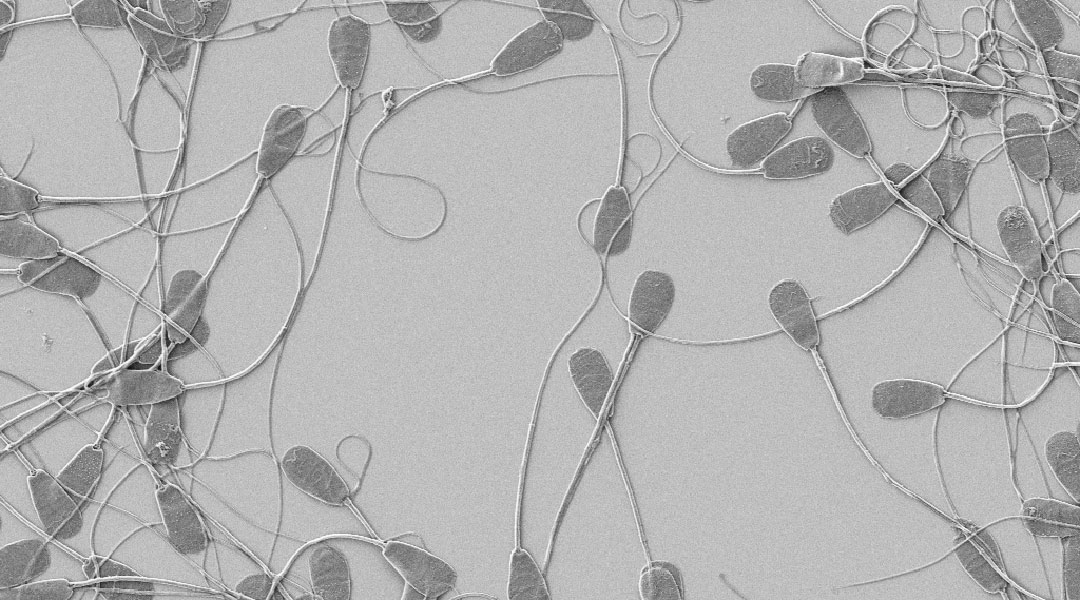
Copper’s ability to hinder the motility of sperm makes it an ideal contraceptive, and researchers have now formulated it into a spermicide.
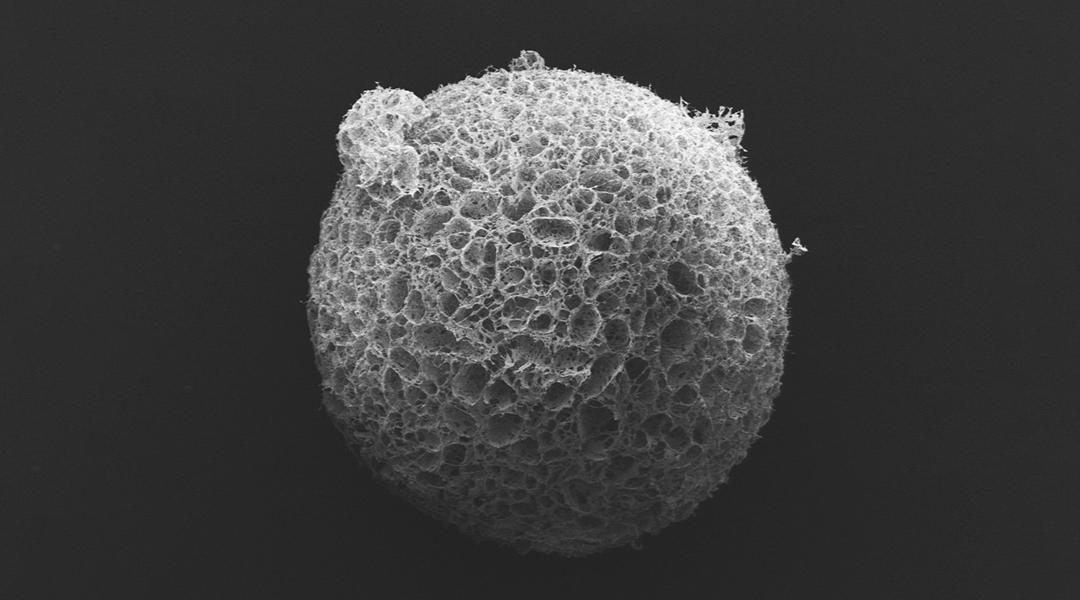
A virus-based treatment for stroke rebuilds neural connections and vascular networks in the brain.
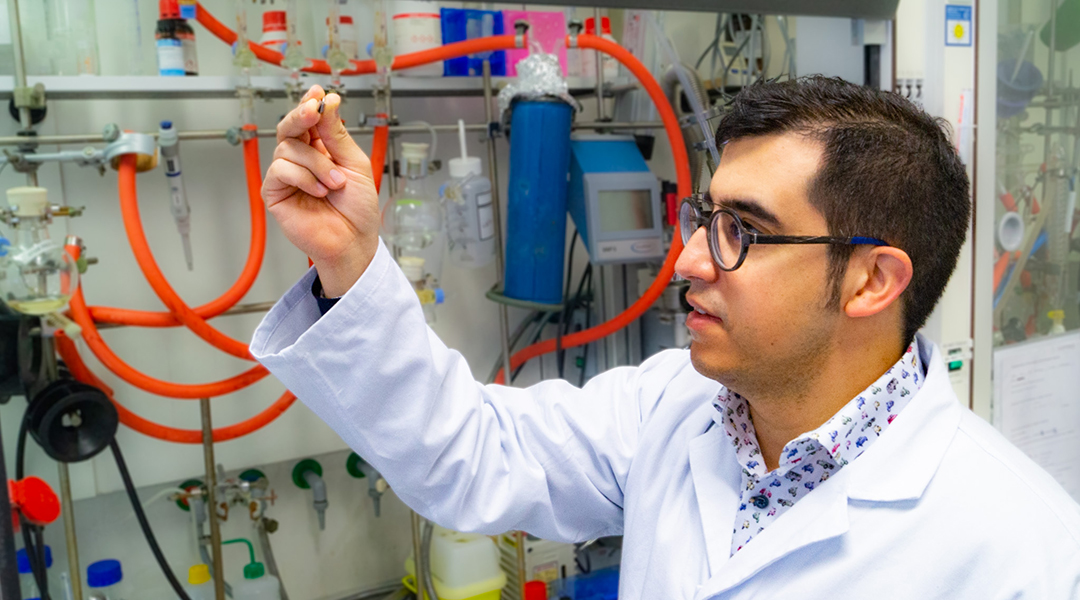
Through innovative, interdisciplinary work, chemist César Rodriguez-Emmenegger is seeking a way to communicate with biological systems.

This year’s World Water Day theme is groundwater, and here’s what some scientists have found recently about this precious resource.
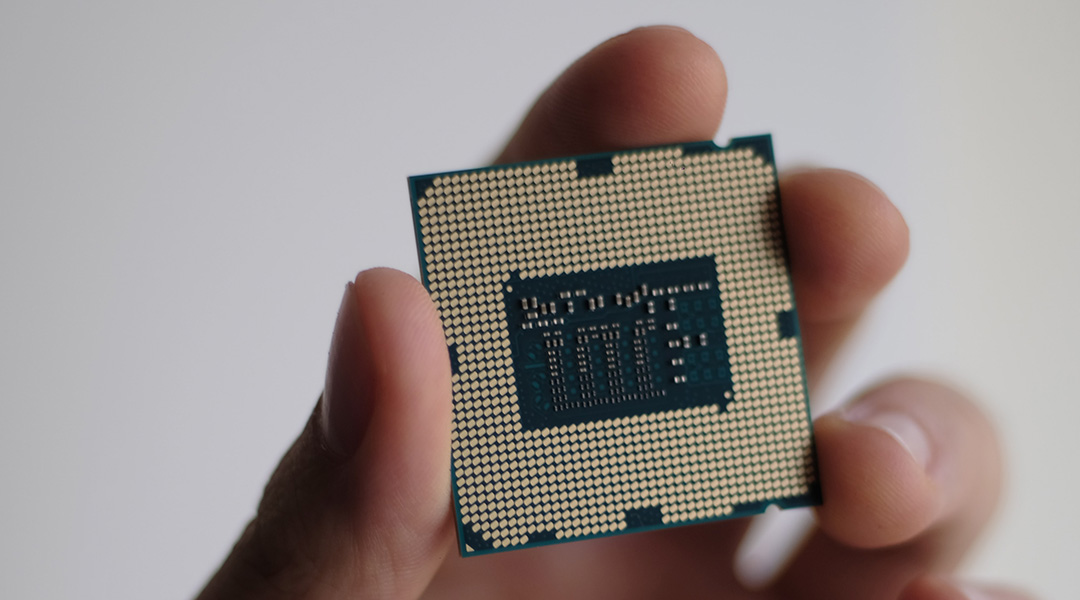
Using tiny batteries, researchers hope to power ever-smaller computers and advance the Internet of Things and ubiquitous computing.
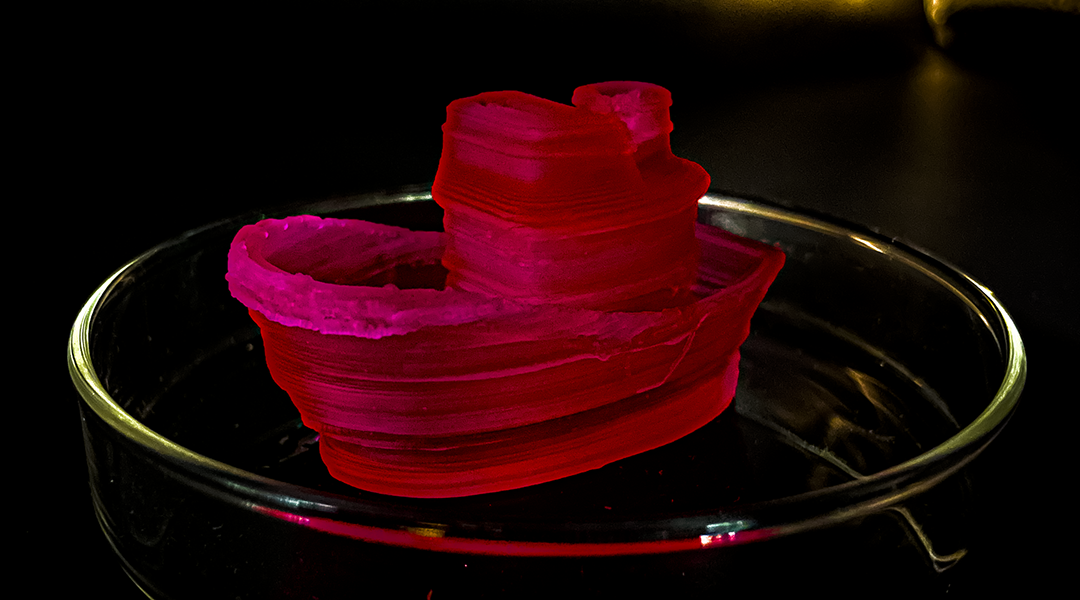
Researchers have created stiff, recyclable hydrogels that can be broken down into their base components and reshaped on demand.

Biochemist and astrobiologist Emmett Chappelle created a simple means of identifying life and opened a new world for fluorescence testing.
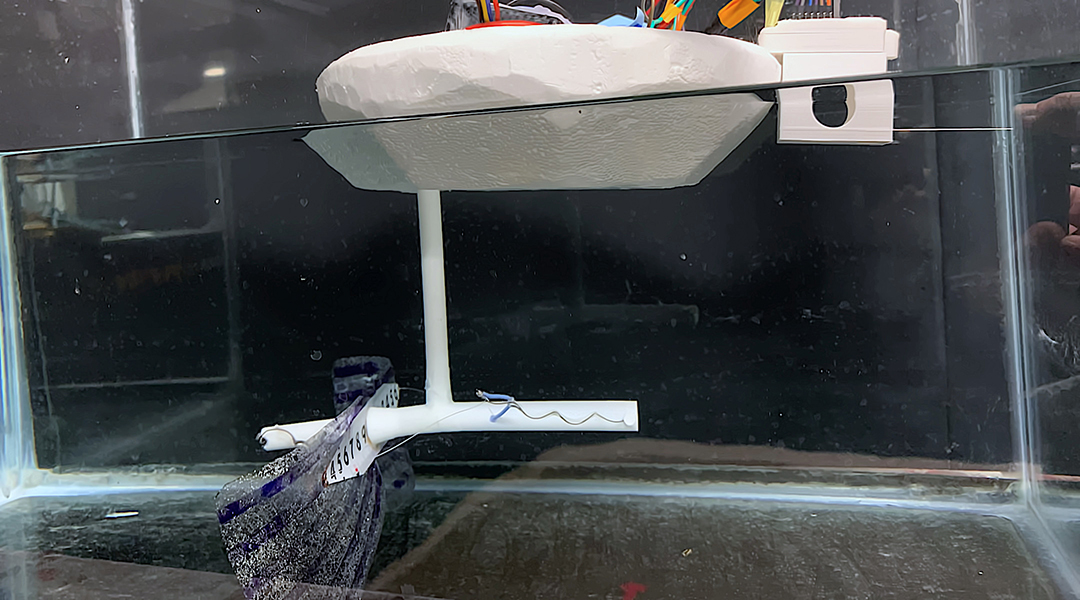
A robotic swimmer that mimics the movement of octopuses could help researchers better monitor aquatic environments remotely and in real time.
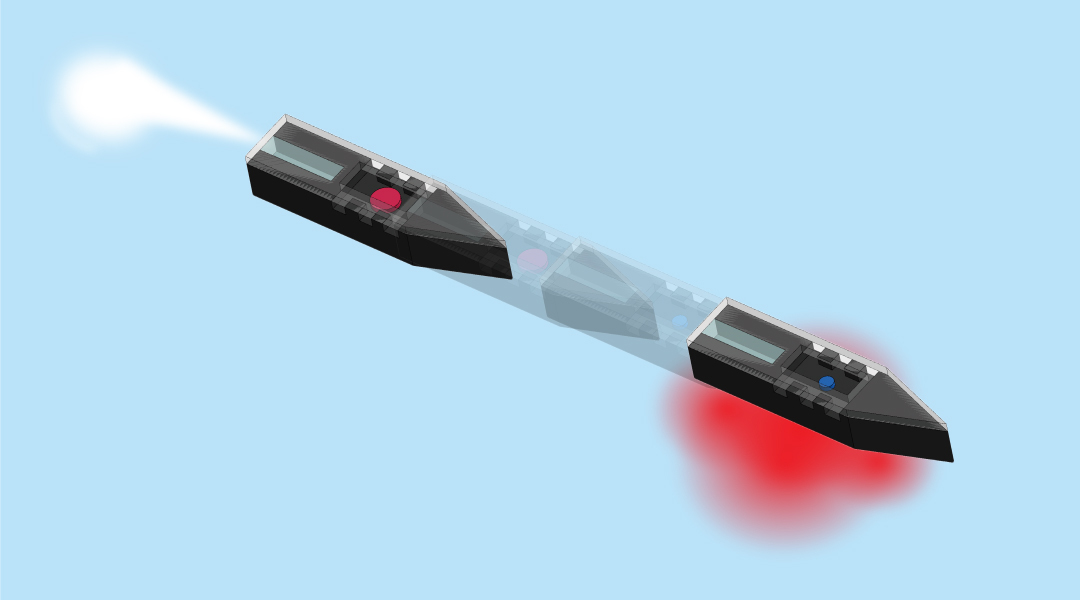
Using stimuli-responsive hydrogels with regularly arranged colloidal particles, researchers create color-changing microrobots that can freely explore and gather information.